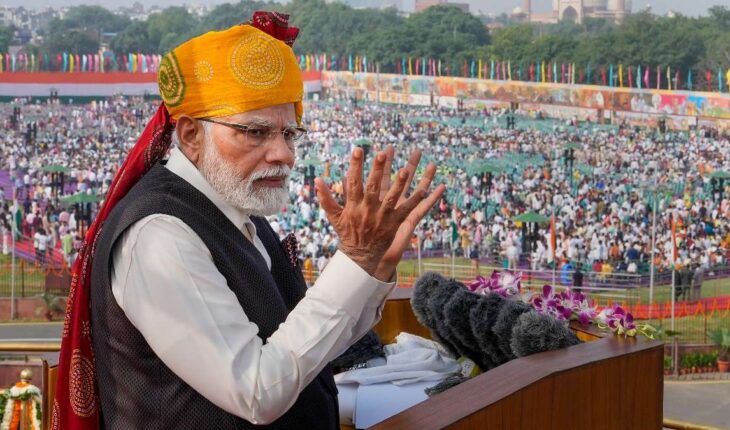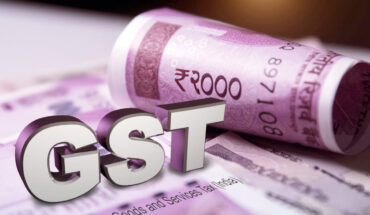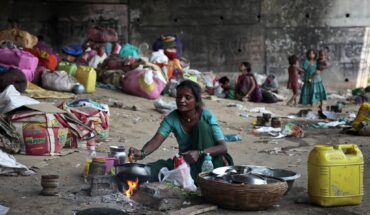The Cabinet’s approval of the PM Vishwakarma scheme, announced by Prime Minister Narendra Modi on Independence Day, is a commendable effort to support traditional craftspeople and artisans. With an outlay of ₹13,000 crore, the scheme aims to provide loans of up to ₹3 lakh at a concessional interest rate of 5% to individuals from 18 trades, including cobblers, toy makers, and coir weavers. The government expects the scheme to benefit five lakh families in the first year and 30 lakh families over five years. However, while the scheme addresses the immediate need for affordable credit, it falls short of addressing the deeper challenges faced by these communities. The lack of patronage for their goods and services, or the skewed undervaluation of their economic output, are issues that cannot be resolved by cheap credit alone. The lack of access to formal credit may be a symptom of a more fundamental problem – the lack of economic viability for their output. The Vishwakarma scheme includes skilling programs and financial assistance for modern tools, but it must go further. By emphasizing the intergenerational nature of knowledge dissemination, the scheme risks perpetuating traditional low-paying trades, many of which are practiced within a caste straitjacket. The next generation may find themselves trapped in these trades, with limited opportunities for upward mobility. It is crucial to create an ecosystem that not only provides financial support but also fosters innovation, market access, and fair valuation of their work. The Vishwakarma scheme is a step in the right direction, but it must be complemented by a holistic approach that addresses the root causes of the challenges faced by traditional craftspeople and artisans. Only then can we ensure their long-term economic viability and preserve the rich cultural heritage they represent.
Vishwakarma is a step forward, but not enough
|
August 19, 2023 |






